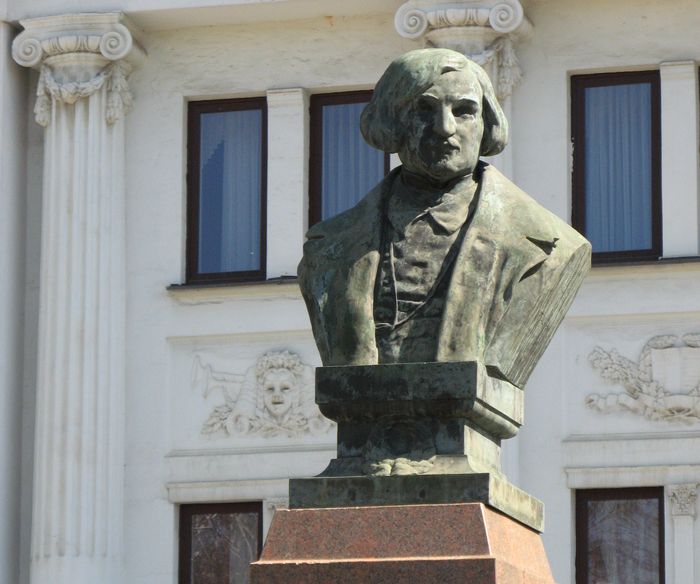He ordered his son into his presence, talked to him with good humor and bade him prepare to set out the next day for the frontiers of his territory, where he had left his army. The prince endeavored to conceal the grief which wrung his soul, and set out without having time to take leave of Lydia.
The very day of Lausus` departure, Mezentius had caused honorable conditions of peace to be proposed to the King of Praeneste, the first article of which was his marriage with the daughter of the vanquished monarch. That unfortunate monarch hesitated not to consent, and the same ambassador that offered him peace brought back his agreement for an answer.
Lausus had in the court a friend, who had been attached to him from his infancy. A remarkable resemblance to the young prince had been the means of making the fortune of the young man, who was called Phanor, but they resembled each other still more in their disposition than their figure; the same inclinations, the same virtues. Lausus and Phanor seemed to have but one soul.
Distraction of blind sorrow
Lausus at parting had confided to Phanor his passion and his despair. The latter was therefore inconsolable on hearing of the marriage of Lydia with Mezentius: he thought it his duty to acquaint the prince with it. The situation of the lover at this news cannot be described; his heart was troubled, his reason forsook him, and in the distraction of blind sorrow, he wrote to Lydia the warmest and most imprudent letter that love ever dictated.
Phanor was charged with the delivery of it. He went to her at the hazard of his life, if he should be discovered. He was so. Mezentius, enraged, ordered him to be laden with irons and dragged to a frightful prison.
However, everything was prepared for a celebration of this unhappy marriage. We may justly conclude that the feast was suitable to the character of Mezentius. Wrestling, the cestus, gladiators, combats between men and animals bred up to carnage, everything that barbarity has invented for its amusements was to have graced the pomp: nothing was wanting to this bloody spectacle but persons to fight against the wild beasts; for it was customary to expose to these fights none but criminals condemned to die, and Mezentius, who on any suspicion was always eager to put the innocent to death, retarded still less the punishment of the guilty.
Read More about Norman West part 24








